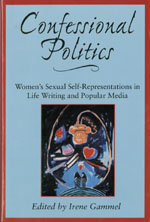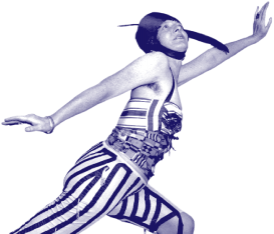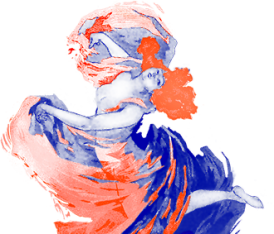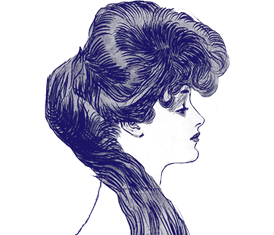HomeNews & Events1999June Confessional Politics

Confessional Politics Women’s Sexual Self-Representations in Life Writing and Popular Media
Edited by Irene Gammel
Carbondale: Southern Illinois University Press, 1999.
Elsa’s experimental and performative poetry
The premise of Confessional Politics is that in this confessional age, "telling all is in." From a unique variety of perspectives and angles, the essays in this collection explore the association of confession with femininity; they examine its function as a gender-specific discourse as they probe its many feminized genres and subgenres. Confessional Politics investigates the creative and strategic ways in which women shape the telling of their sexual stories in order to resist and negotiate the confessional practices designed to contain them.
Investigating the confessional politics of traditional forms of life writing (including erotic diaries, letters, and confessional fiction), this book significantly expands its focus beyond conventional forms to include practices affecting mass readerships and audiences. The collection addresses provocative general topics: talk shows, sexual harassment, sexual abuse, sexuality, self-help books, and cross-dressing, as well as expressive works such as contemporary Canadian women's poetry, lesbian fiction, performance art, Anne Frank's recently released complete diary, and memoirs.
Praise and Reviews
Gammel has done a simply outstanding job. This is not a collection of ten essays on a related topic. The division of the book into Confessional Interventions, Confessional Modalities, and Confessional Inversions allows the reader to read this book as a single unit, something that unfortunately rarely happens in such gatherings of essays.
— James King, author of Virginia Woolf and William Blake: A Life
Readers interested in feminism, discourse analysis, and contemporary culture will not be disappointed by Confessional Politics. Gammel has done a masterful job of unifying the ten essays in her collection into a cohesive whole. Each section opens with a clear, yet succinct, discussion of the methodology used to link essays and fuller explanations of the discursive concepts described in the introduction. ... Of the three works under review, Gammel's is the most unified and coherent.
— Pam Lieske, College Literature 28.3 (2001)
Gammel launches a fascinating discussion of Helen Hessel, who wrote a collaborative sexual diary with her lover; the diary was denied publication, but her sexual life story entered cultural history when it was appropriated by Francois Truffaut in his 1961 film Jules and Jim. More than confess, these women strategically used and abused traditional confession.
— Lisa Potvin, Canadian Review of Comparative Literature 26.2 (1999).
Gammel takes us from Dante recounting Francesca's confession of her infidelity to Monica Lewinksy and Lorena Bobbitt's recent confessions, thereby making a case for this form of women's expression as a genre with a long history.
— ELT 43.2 (2000)












